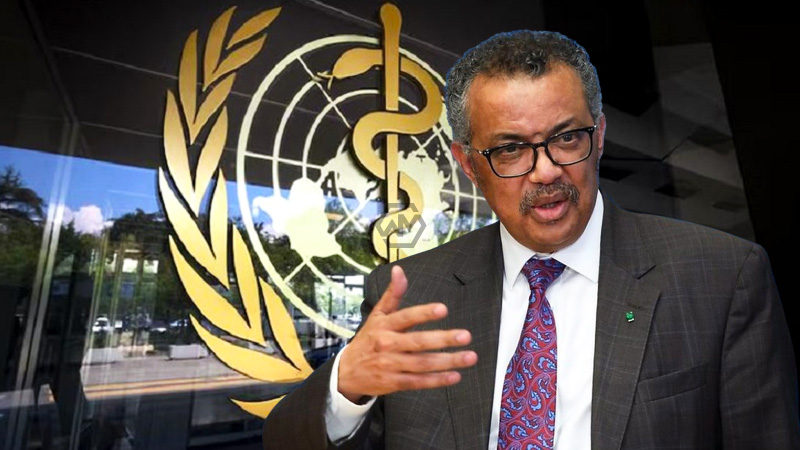- The U.S. withdrawal from WHO threatens critical global health programs.
- WHO faces financial instability, with major reliance on U.S. funding.
- Global leaders are being urged to pressure Washington to reconsider.
The World Health Organization (WHO) is facing a financial crisis following the U.S. decision to withdraw its funding, which accounts for approximately 14% of the agency’s budget.
Beyond financial strain, the withdrawal also affects scientific collaboration. U.S. researchers have been instructed to halt their work with WHO, potentially limiting access to critical disease outbreak data.
WHO Faces Crisis as U.S. Withdrawal Threatens Global Health
The withdrawal of U.S. funding from WHO could significantly impact global health programs. The U.S. contributes nearly a billion dollars, supporting vital emergency response functions and disease prevention efforts worldwide. With these funds now in jeopardy, WHO faces an urgent need to find alternative financial sources to sustain its work.
WHO’s emergency health initiatives, particularly in regions affected by crises, rely heavily on U.S. contributions. More than 80% of WHO’s readiness functions in Europe and a large portion of tuberculosis programs across multiple continents are funded by the U.S. Losing this support could lead to setbacks in controlling major diseases and responding effectively to outbreaks.
In response, WHO officials have begun reaching out to other member states to mitigate the shortfall. However, filling the gap left by the U.S. withdrawal will not be easy, as no single donor can match the scale of U.S. contributions. The agency has warned that unless urgent action is taken, essential programs could be severely disrupted.
The situation also underscores the broader issue of funding stability for global health initiatives. WHO’s reliance on a few major donors leaves it vulnerable to political shifts, raising questions about the need for more sustainable financing mechanisms. Strengthening multilateral support could prevent future disruptions and ensure continued progress in global health security.
The U.S. withdrawal from WHO presents a significant challenge to global health efforts, with financial and scientific consequences that could affect disease control and emergency response worldwide. Urgent international collaboration is needed to prevent lasting damage.
“The roof is on fire, and we need to stop the fire as soon as possible.” – Bjorn Kummel, German envoy



